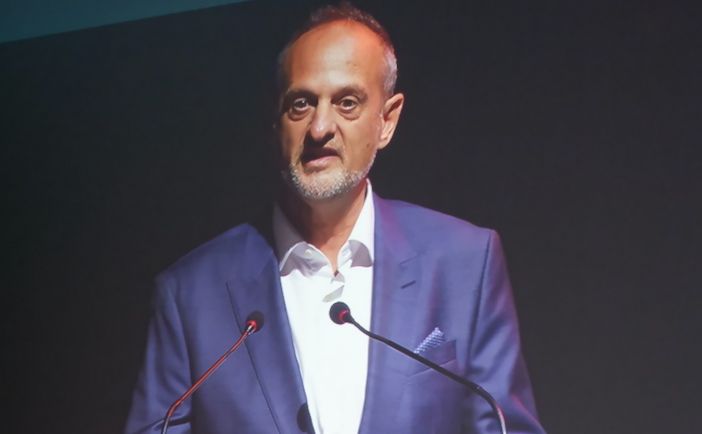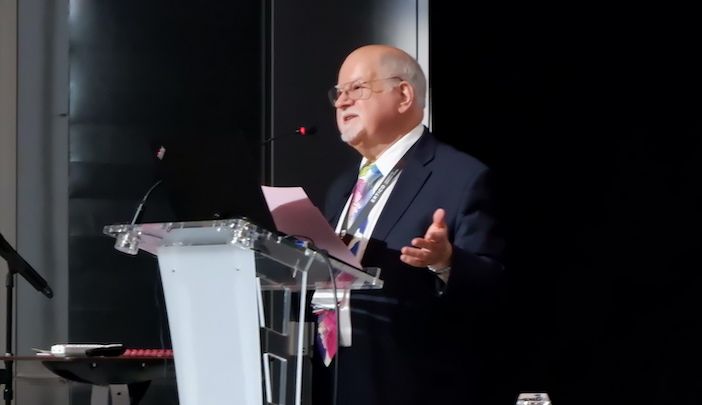The ITS Policy Summit, which took place at the European Congress in Toulouse this week (May 30-June 1), has called for the ownership of data and access to it to be treated on a Europe-wide level, not nationally nor locally – and for transportation users to be educated as to the benefits of sharing data, so that potential safety and efficiency gains are not lost.
Over 80 ministers, mayors, industry leaders and senior representatives of national and local governments from 20 countries met at the summit to discuss data and its essential role in powering new ITS solutions and encouraging the greening of our society and its mobility systems.
“The ITS Summit is a very productive way for ERTICO to gather the views of European cities, industry, decisions makers and other stakeholders to guide a future strategy for providing smarter, more sustainable and integrated mobility,” says ERTICO–ITS Europe chairman Dr. Angelos Amditis. “This year the ITS Summit focused on data, which is the glue between transport and mobility, as well as the goldmine of the future transport system.”

The goal of the ITS Summit is to encourage unrestricted cross-sector discussion on transport concerns and priorities at city level, to identify best practice and publicise it, pin-point the barriers to delivering policies or services and establish if they are well understood or need research.
After an hour of discussions, the thought leaders agreed that there was a widespread need for education to explain to users the benefits that data-sharing brings. Discussion revolved around whether all transportation data should be given equal importance. The Summit felt that action needs to be taken to encourage the sharing of data so that a wide range of organisations could use it to deliver wider access to mobility services and offer a greater number of services that could potentially include road safety and road maintenance.
Developing the availability and use of data in all modes of transport was seen as key for making mobility safer, more efficient and accessible in a sustainable manner for the benefit of everyone. However there are already social divisions – not everyone is digitally fluent and at ease with services provided through personal computers, tablets, smartphones. The Summit identified a strong demand for greater educational actions by cities and governments to break down barriers.

Interoperability was recognised as a difficult issue, with the needs of users to be balanced against commercial incentives. If a city is funding public infrastructure it is sensible to base it on a common city user interface permitting one-stop, interoperable access for all mobility services in the region.
The Summit was clear that there could, and should, be a greater opening up of the data held by both the public and private sector and achieving that needs more discussion and perhaps more mutual trust.
“We need to harnass the power of data and data sharing to enable the journey for Europe’s economic growth and societal development,” says Amditis. “Data holds the key to answering the needs of our sectors with better decision making and greater efforts to ensure that all players cooperate within a fair and secure data framework. ERTICO welcomes and strongly collaborates with the efforts and goals of the European Commission in this area.”




